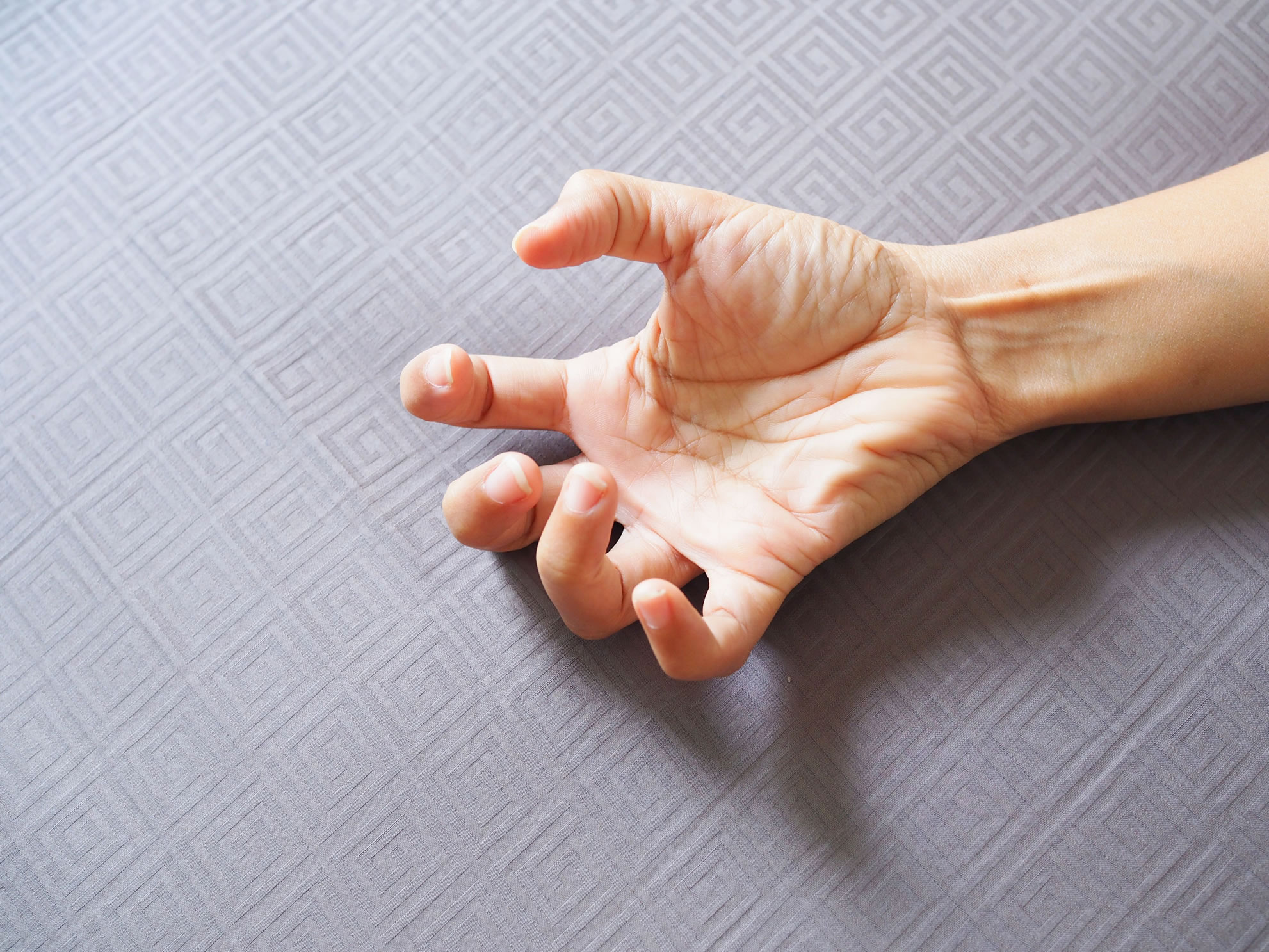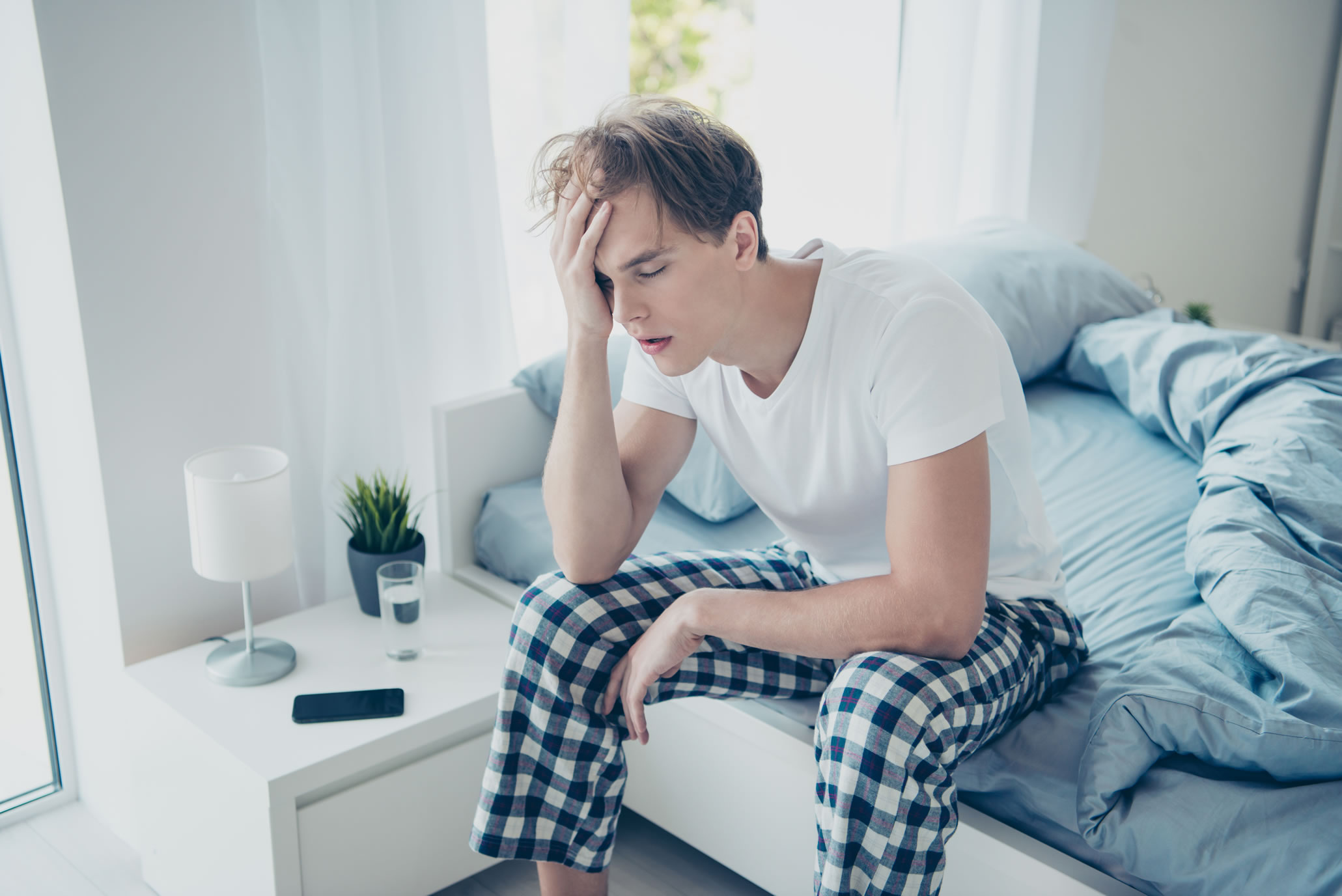Nausea & Vomiting from Chemotherapy
Nausea & Vomiting due to Chemotherapy
“Challenges are what make life interesting and overcoming them is what makes life meaningful.”
Cancer therapy is usually aggressive and takes a toll on the Patient.
Cancer treatments, such as chemotherapy or radiation therapy can cause nausea and vomiting. Sometimes the type of cancer can nausea and vomiting too.
Nausea and vomiting are more likely when combinations of chemotherapy drugs are given.
Sometimes traditional medication do not control these symptoms and this adds to the already existing distress Cancer patients are experiencing.
Medicinal Cannabis has proved to be effective to manage the Nausea and Vomiting, especially when traditional measures do not work.

How does Cannabis help ?
Cannabinoids the active ingredients of Marijuana are being used to treat nausea and vomiting from chemotherapy when the usual anti- nausea and vomiting medications do not work. They may also stimulate appetite.
How will I benefit?
How does Cannabis help ?
Cannabinoids the active ingredients of Marijuana are being used to treat nausea and vomiting from chemotherapy when the usual anti- nausea and vomiting medications do not work. They may also stimulate appetite.

Multiple sclerosis
Multiple Sclerosis
Sufferers of Multiple Sclerosis have frequent episodes. It comes, wipes the floor with you, and then somehow returns you to the world. But it comes back.
Multiple sclerosis (MS), is a disease in which the insulating covers of nerve cells in the brain and spinal cord are damaged.
This damage disrupts the ability of parts of the nervous system to transmit signals, resulting in a range of signs and symptoms, including physical, mental, and sometimes psychiatric problems. Specific symptoms can include double vision, blindness in one eye, muscle weakness and trouble with sensation or coordination. It takes several forms, with new symptoms either occurring in isolated attacks (relapsing forms) or building up over time (progressive forms). Between attacks, symptoms may disappear completely; however, permanent neurological problems often remain, especially as the disease advances.

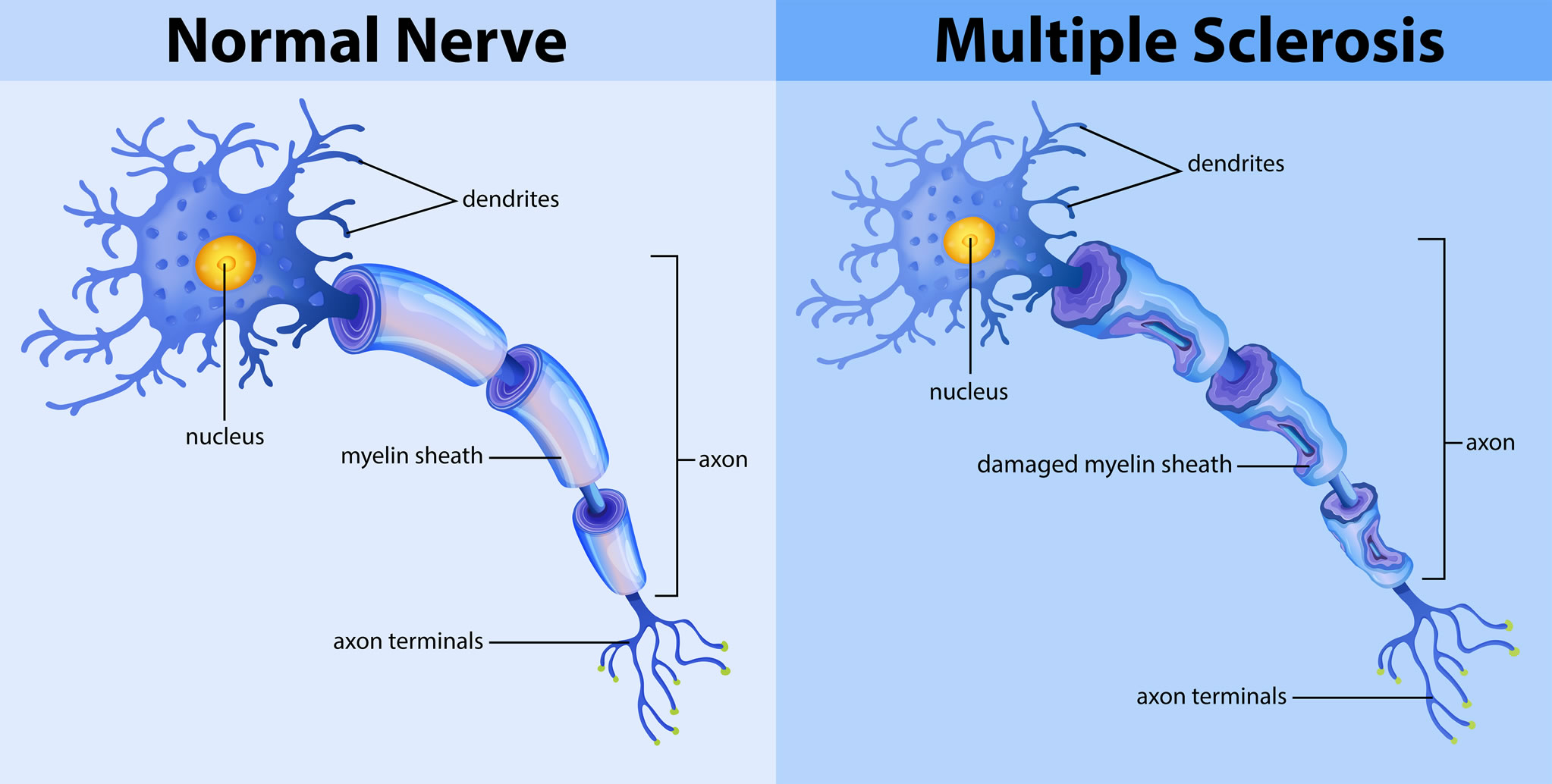
There is no known cure for multiple sclerosis. Treatments attempt to improve function after an attack and prevent new attacks. Medications used to treat MS, while modestly effective, can have side effects and be poorly tolerated.[1] Physical therapy can help with people’s ability to function. Many people pursue alternative treatments.
Cannabis clearly offers significant therapeutic benefits.
There’s is clear cut consensus amongst scientists and doctors that cannabis is safe and effective as a palliative treatment for MS. Further promising research is underway into whether cannabis may have a curative effect by promoting repair of the myelin sheath
How will I benefit?
How does Marijuana, help in Multiple Sclerosis?
As is the case for many people with multiple sclerosis, the effects of weakened limbs, spasticity and fatigue significantly affect quality of life. Promising research and evidence is underway to acknowledge the benefits of Medicinal Cannabis use for the treatment of neurological fatigue.

Spasticity
Spasticity
"It’s not the disability that defines you, but it’s how you deal with the challenges the disability presents you with"
Spasticity is also colloquially referred to as an unusual “tightness”, stiffness, or “pull” of muscles.
It is a neuromuscular condition usually caused by damage to the portion of the brain or spinal cord that controls voluntary movement. The damage causes a change in the balance of signals between the nervous system and the muscles.
It is typically found in people with cerebral palsy, traumatic brain injury, stroke, multiple sclerosis, and spinal cord injury.
It is usually treated with anti-spasticity medications.
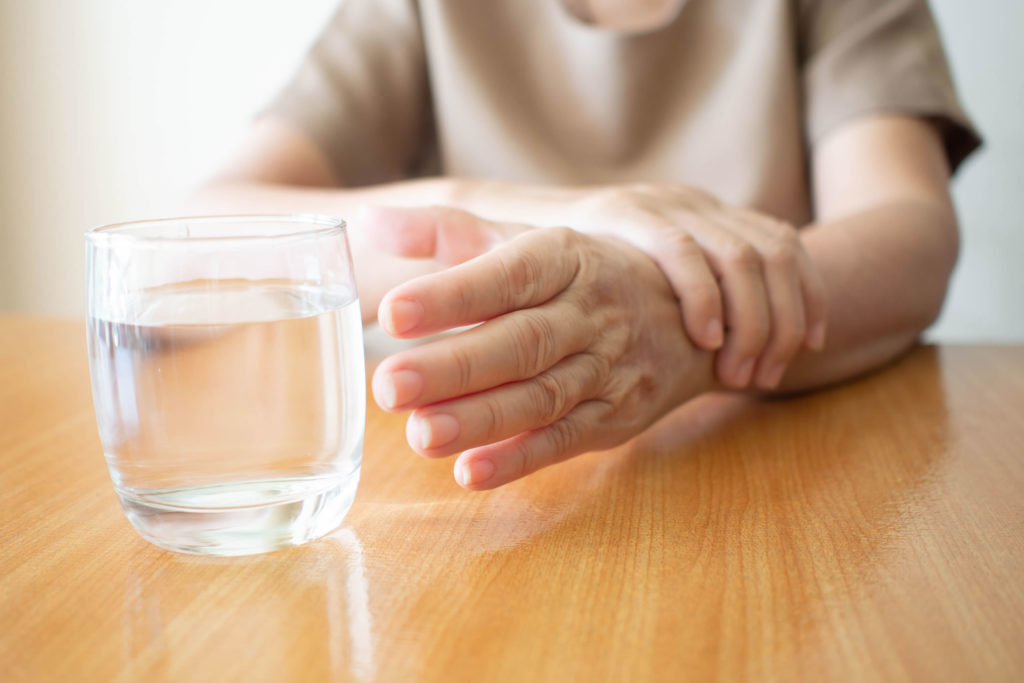
How and why marijuana can help to treat spasticity ?
Research on THC, one of the main cannabinoids in medical cannabis, shows THC helps improve spasticity in MS patients, according to a study published in The Lancet. The endocannabinoid system takes up the THC and blocks lesion inflammatory action and improves communication between muscles and nerves. Also, since it reduces the inflammation, marijuana doesn’t just control pain, it also helps protect against further nerve degeneration which slows the progression of the disease.
How will I benefit?
How and why marijuana can help to treat spasticity ?
Research on THC, one of the main cannabinoids in medical cannabis, shows THC helps improve spasticity in MS patients, according to a study published in The Lancet. The endocannabinoid system takes up the THC and blocks lesion inflammatory action and improves communication between muscles and nerves. Also, since it reduces the inflammation, marijuana doesn’t just control pain, it also helps protect against further nerve degeneration which slows the progression of the disease.

CBD-infused skincare products
CBD-infused skincare products have the potential to assist you in keeping your skin moisturized, protected against the harmful effects of UV radiation. CBD’s antioxidant properties help to visibly reduce skin dullness, fine lines, and wrinkles. CBD is also effective in exfoliating and cleansing of the pores, reducing breakouts and redness of your skin.
With many products available, it is important for people to choose safe and high quality products. Therefore, it is important to pick products that have undergone third-party testing. It is also advisable to talk to a doctor before using any CBD product.
Chronic Pain
Chronic Pain
Pain is all yours, no one can feel or take your pain. But don’t let anyone take away your happiness
Pain is defined as an unpleasant sensory and emotional experience, associated with or resembling that associated with, actual or potential tissue damage.
It is chronic, if it lasts or recurs for more than three months and is a very debilitating condition for the individual suffering from it.
Types of chronic pain
- Joint pains, usually due to various types of Arthritis
- Back (Spinal pain) due to various conditions
- Neuropathic pain

Traditionally pain management consists of treating the primary condition with appropriate measures (Surgery, Rehabilitation, Physiotherapy ) and when all active treatment has been implemented, if pain persists other options are considered.
Most people suffering from Chronic pain have usually exhausted all treatment options
They tend to be on various medications including Opiates.
Their quality of life is greatly affected and they are desperately seeking anything that may assist.
There is clear cut and well researched evidence that Medicinal Cannabis has a huge and beneficial role to play in managing Chronic pain.
How will I benefit?
Stay positive and we will be with you in your journey to better health. If you have reached the end of the road to manage your chronic pain, look no further.
There are a lot of individual stories that cannabis can be effective for treating pain – but how effective is it ?
The short answer is that it depends on many factors: it seems to work very well for some, but it isn’t a cure-all and doesn’t work for everyone.

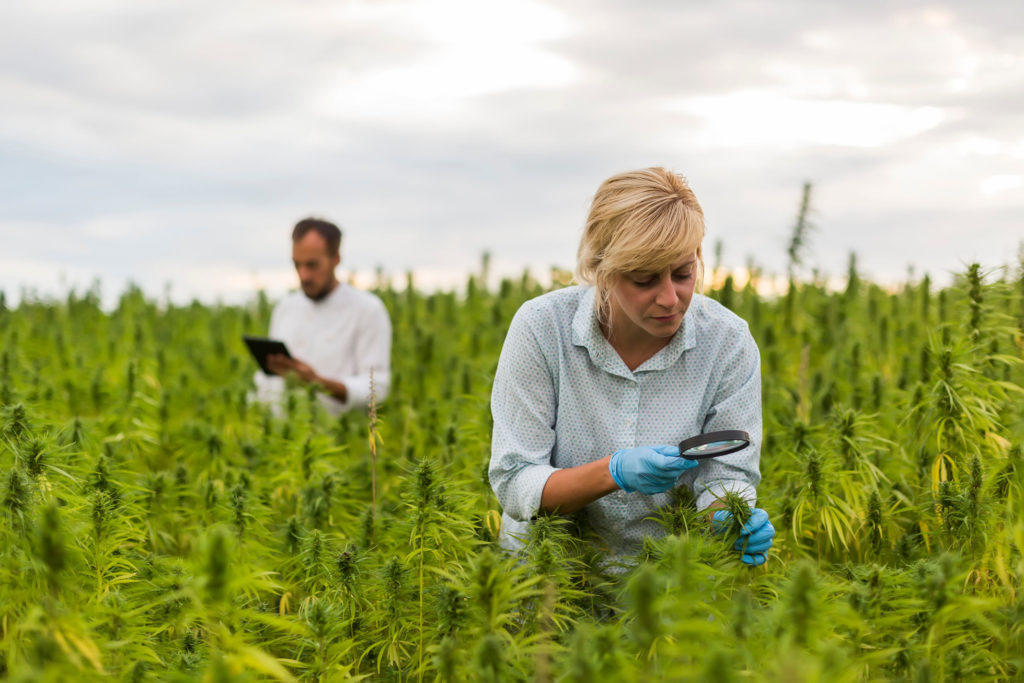
Various studies have looked at the use of different forms of cannabis (THC, CBD, combinations of both, and whole flower) in different types of chronic pain (such as that from nerve, joint, inflammatory, cancer, musculoskeletal). Overall, the results are promising.
One advantage of cannabinoids is that, unlike opioids (a common form of potent pain killer), they seem to have a safer side effect profile. In situations where too much is taken, opioids are known to cause a person to stop breathing. The same does not happen with cannabinoids. Whilst cannabis oil can cause side effects like with any other medication, these generally tend to be mild and can go away by themselves over time.
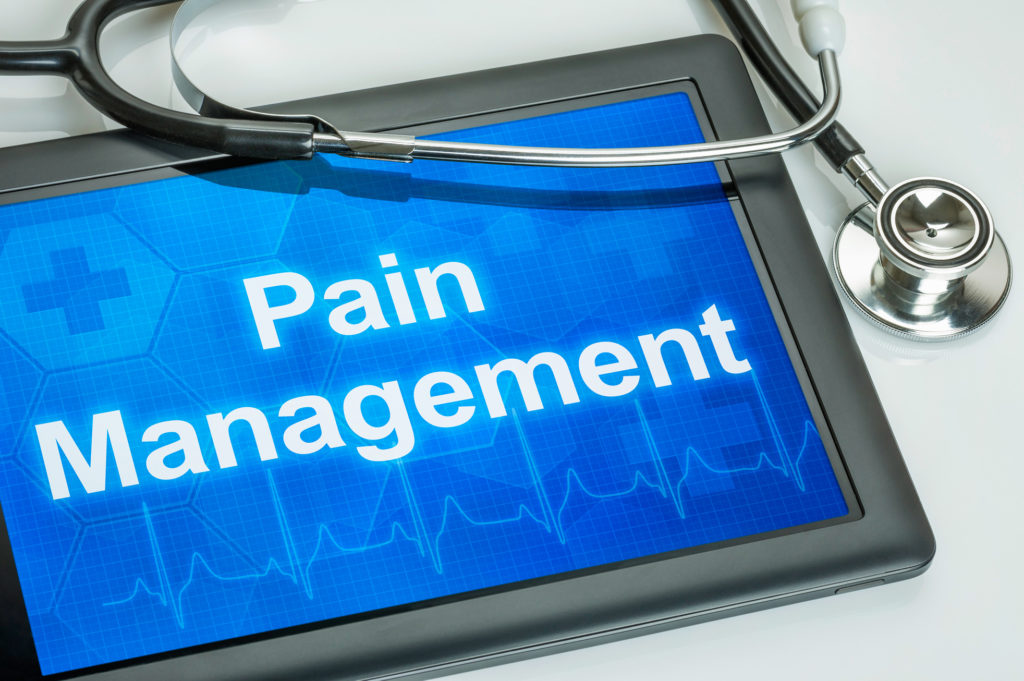
We at Cannabisdoctor have the well researched information and access to Medicinal Cannabis, which we can prescribe and supply to you to assist you in better managing your Chronic pain.
PAIN MANAGEMENT PLUS
If you would like to be involved in our special, pain management programme please email us.
What is it for:
- Anyone with chronic pain
- Difficulty coping with pain
- Have exhausted all avenues
Process:
- Please provide us a detailed history of your condition, including all management strategies to date
- Our Nurse will have a video consultation, to talk about your condition, expectations and options.
- Our experienced Doctor and Rehabilitation psychologist and pain physiotherapist will review your case.
Solutions:
You will be invited to a joint multidisciplinary video consultation with all our experts to work with you to achieve a solution to better mange your pain.
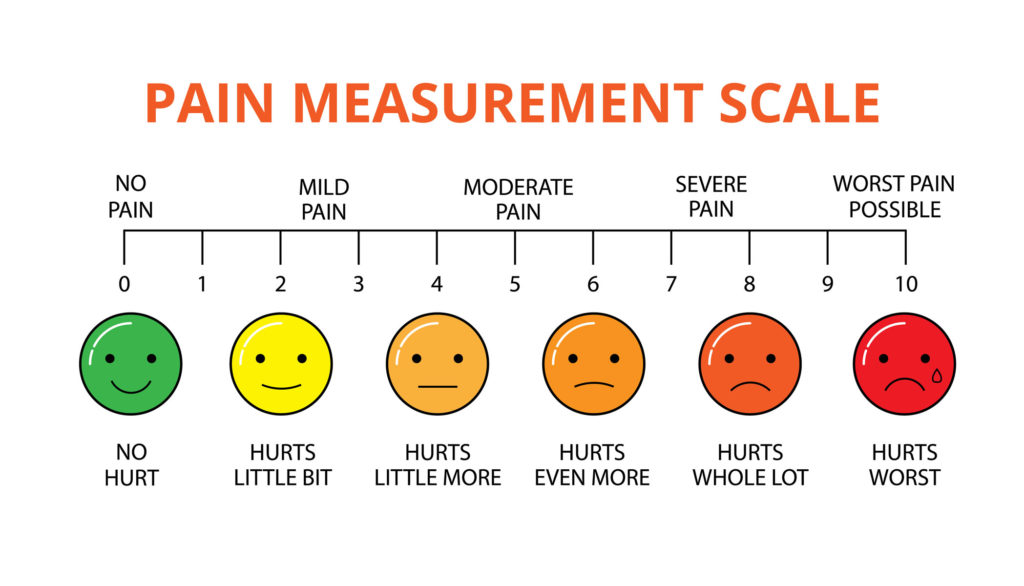
Please complete the assessment.
Fibromyalgia
Fibromyalgia
The good physician treats the disease; the great physician treats the patient who has the disease.
Fibromyalgia is a medical condition characterized by chronic widespread pain and a heightened pain response to pressure. Other symptoms include tiredness to a degree that normal activities are affected, sleep problems and troubles with memory.
Some people also report restless legs syndrome, bowel or bladder problems, numbness and tingling and sensitivity to noise, lights or temperature. Fibromyalgia is frequently associated with depression, anxiety and posttraumatic stress disorder. Other types of chronic pain are also frequently present.

The cause of fibromyalgia is unknown; however, it is believed to involve a combination of genetic and environmental factors. The condition runs in families and many genes are believed to be involved. Environmental factors may include psychological stress, trauma, and certain infections. The pain appears to result from processes in the central nervous system and the condition is referred to as a “central sensitization”.
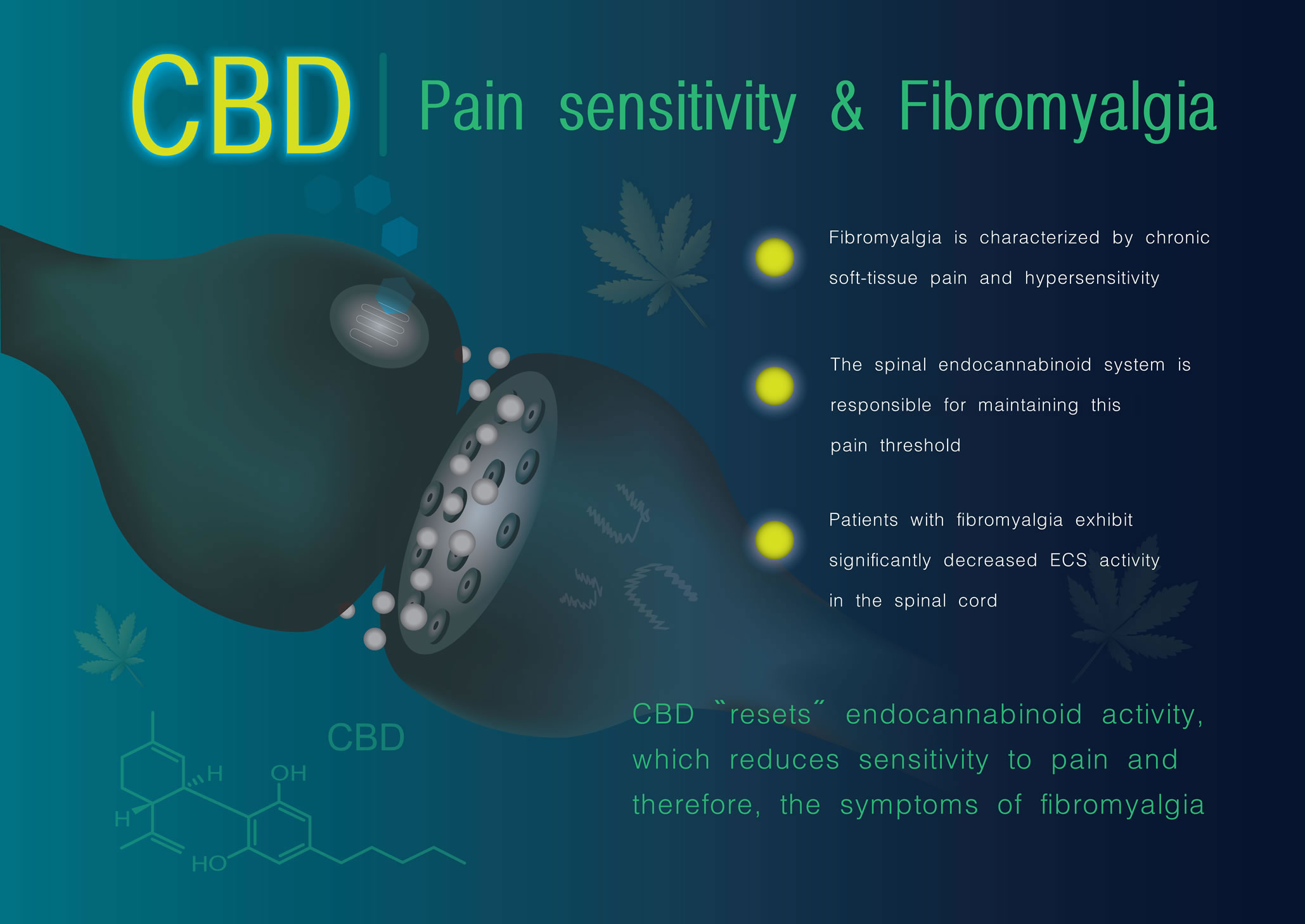
The treatment of fibromyalgia can be difficult. Recommendations often include getting enough sleep, exercising regularly, and eating a healthy diet. Cognitive behavioral therapy (CBT) may also be helpful. Various medications have been tried.
There is convincing evidence that Medicinal Cannabis has a useful role in managing Firomyalgia, in particular symptoms of Chronic pain and Insomnia.
How will I benefit?
Can cannabis help with fibromyalgia? Does cannabis work for fibromyalgia?
The jury is still out with studies looking at whether cannabis, or their active ingredients, cannabinoids, can help with fibromyalgia or symptoms associated with fibromyalgia.
However, there have been some indications that cannabinoids may help with fibromyalgia and a group of related conditions.
One theory suggests that conditions like fibromyalgia, may be due to a person’s endocannabinoid system not working properly.
This theory suggests that taking plant-based cannabinoids from the cannabis plant can help regulate a person’s endocannabinoid system and reduce symptoms.
Other studies have looked at the effects of cannabinoids on specific symptoms associated with fibromyalgia.
A reputable Cochrane review, provides evidence that indicates improvements with pain, as well as with sleep and insomnia when, patients took various cannabinoids.

Migraine
Migraine
Migraine is not just a headache. It is a neurological exploding party in the brain, that pain happens to be invited to.
Typically, episodes affect one half of the head, are pulsating in nature, and last from a few hours to days. Associated symptoms may include nausea, vomiting, and other symptoms such as sensitivity to light, sound, or smell.
Migraine is believed to be due to a mixture of environmental and genetic factors. About two-thirds of cases run in families. The underlying mechanisms are not fully known. They are, however, believed to involve the nerves and blood vessels of the brain.
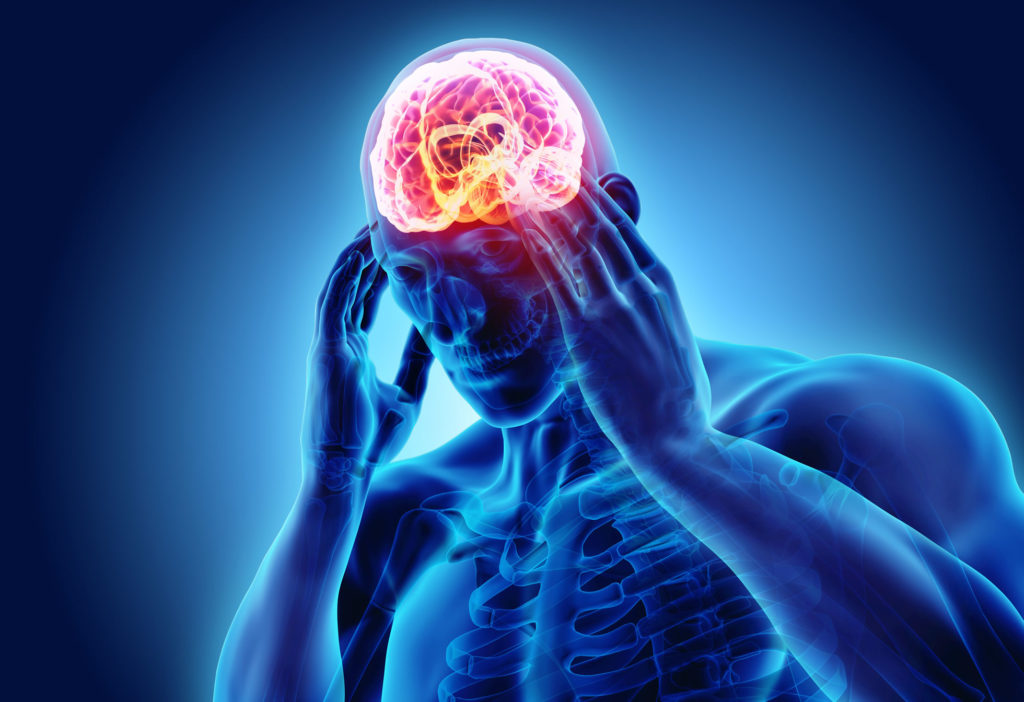
Initial recommended treatment is with simple pain medication such as ibuprofen and paracetamol for the headache, medication for the nausea, and the avoidance of triggers. Specific medications may be used as preventive treatment, in those for whom simple pain medications are not effective.
Marijuana has natural compounds called cannabinoids. When used they circulate in the blood and work on pain receptors to calm down pain signals and control or abort Migraines.
THC and CBD in particular have proven to be useful to manage Migraines.
How will I benefit?
What benefits might I expect for my migraines with cannabis?
Medicinal cannabis used to manage migraines has effects which vary from person to person
However, the evidence for migraine sufferers suggests that medicinal cannabis may help reduce how often they occur, as well as how bad they are when they happen, though it is unlikely to get rid of migraines entirely.

Anxiety
Anxiety
A stream of fear trickling through the mind. If encouraged, it cuts a channel into which all other thoughts are drained.
Anxiety is an emotion characterized by an unpleasant state of inner turmoil, often accompanied by nervous behavior such as pacing back and forth, somatic complaints, and rumination. It includes subjectively unpleasant feelings of dread over anticipated events.
It tends to cause a feeling of uneasiness and worry, usually generalized and unfocused as an overreaction to a situation that is only subjectively seen as menacing. It is often accompanied by muscular tension, restlessness, fatigue and problems in concentration. Anxiety is closely related to fear, which is a response to a real or perceived immediate threat; anxiety involves the expectation of future threat.

It is a debilitating condition which affects quality of life. Treatment is traditionally with medications such as Benzodiazepines, anxiolytics and psychotherapy including Cognitive Behavioral therapy.
Despite these may people continue to have difficulty managing their condition.
There is ample evidence that “Medicinal Cannabis” is very effective in managing Anxiety.
How will I benefit?
Does cannabis help with anxiety?
The endocannabinoid system appears to play an important role in responses to stress and anxiety. The two primary active ingredients of marijuana, THC and CBD, appear to have differing effects with regard to anxiety. Pure THC appears to decrease anxiety at lower doses and increase anxiety at higher doses. On the other hand, pure CBD appears to decrease anxiety at all doses that have been tested.
Cannabidol or CBD, has shown promise, especially in social anxiety disorder where in a study, it was found to have similar benefits to standard medications but cause less sedation (the test involved public speaking, which is usually a source of anxiety for most of us!)

Insomnia
Insomnia
“Insomnia is a gross feeder. It will nourish itself on any kind of thinking, including thinking about not thinking.”
Good sleep is an elusive luxury
People with insomnia tend to have difficulty falling asleep, or staying asleep as long as desired. Insomnia can be short term, lasting for days or weeks, or long term, lasting more than a month.
Insomnia can occur independently or as a result of another problem. Conditions that can result in insomnia include psychological stress, chronic pain, chronic health conditions, certain medications, and drugs such as caffeine, nicotine, and alcohol. Other risk factors include working night shifts and sleep apnoea.

Sleep hygiene and lifestyle changes are typically the first treatment for insomnia. Sleep hygiene includes a consistent bedtime, exposure to sunlight, a quiet and dark room, and regular exercise. While sleeping pills may help, they are associated with significant side effects, particularly with long term use. These medications are not recommended for more than four or five weeks.
How will I benefit?
Does cannabis help with sleep?
Cannabis has been used by people for sleep for a long time. However, it seems there may be factors in cannabis that cause it to be more or less useful.
One known (side) effect of cannabis is that it can cause sleepiness, or lethargy (tiredness). Although this may be seen as a side effect, especially for people who are working during the day and need to get out and about, it can actually be beneficial if it is taken before bedtime, as it can help with getting to sleep.






